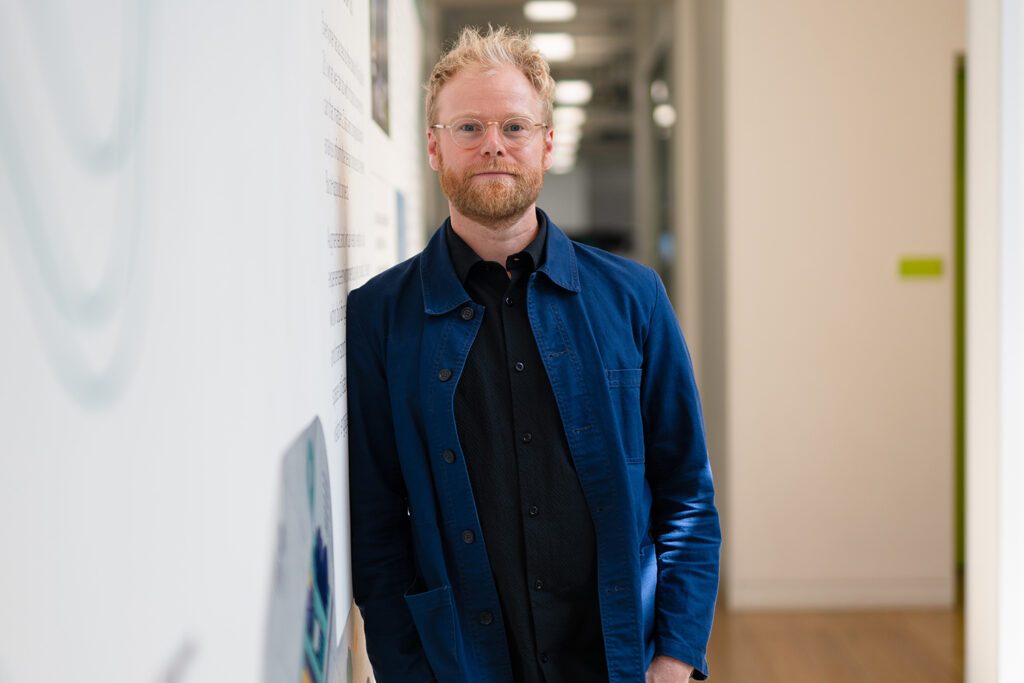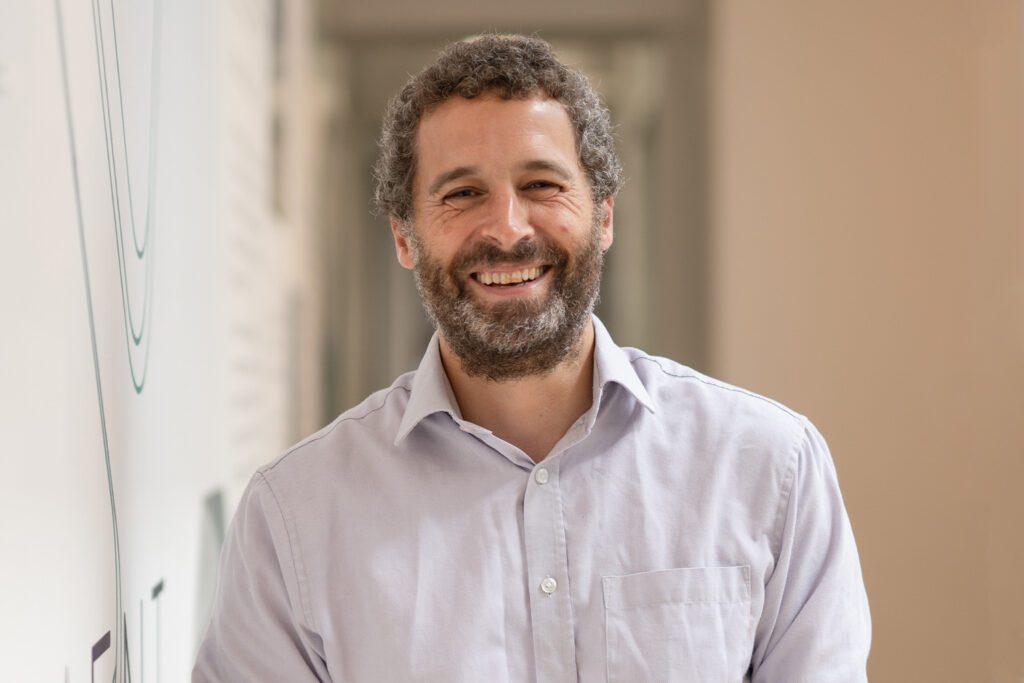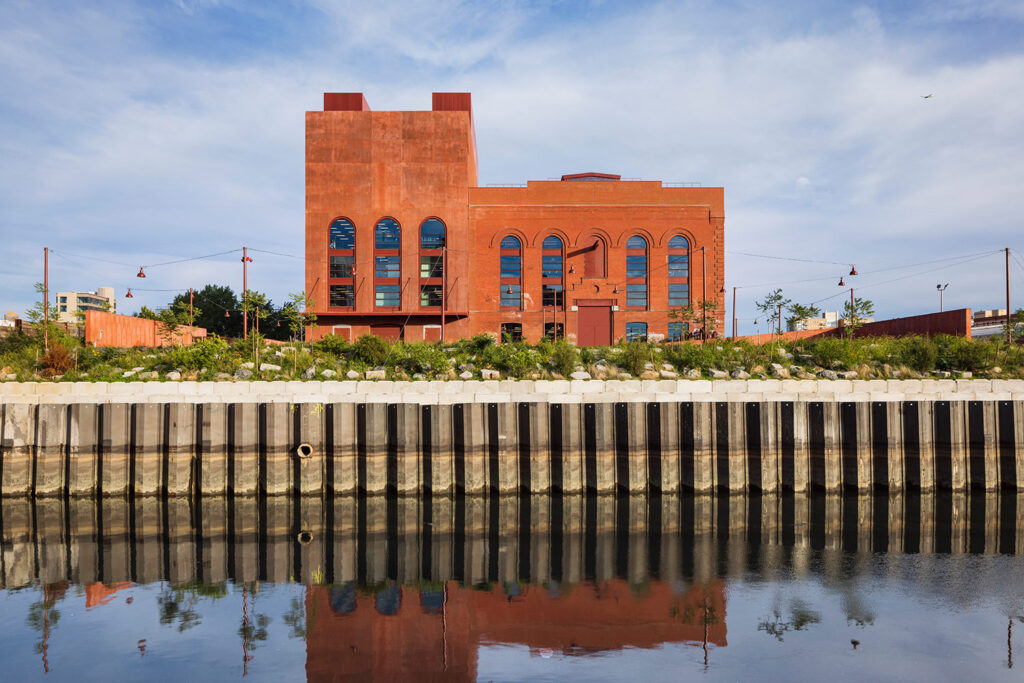
Moving toward a healthier world
The multiple benefits of urban climate action
26 cities across the Globe
Project details
Client
C40 Cities
Collaborator
London School of Hygiene and Tropical Medicine, Cambridge Environmental Research Consultants
Services provided by Buro Happold
Tackling the climate crisis is now a key priority for populations around the world. But the actions that can be taken at a local level to battle against global warming, will also help to improve living conditions in citizens’ daily lives.
The C40 Cities Climate Leadership Group connects more than 90 of the world’s cities, representing 650+ million people and one quarter of the global economy.
Buro Happold was appointed by C40 Cities to lead a two-year programme of technical assistance for 26 global cities. The programme focused on supporting some of the world’s biggest urban conurbations to assess the air quality, health and economic benefits of urban climate actions. By providing detailed climate action analysis for individual cities, it is hoped the information will support officials to make the case for bolder and more ambitious climate action.
Challenge
Consuming more than two-thirds of the world’s energy, and responsible for over 70% of global CO2 emissions, cities have a leading role to play in combatting the climate crisis by taking strong science-based climate action. Cities are also highly exposed to climate risks and face significant air pollution problems. An estimated 95% of the populations in C40 cities are exposed to air pollution levels that exceed the World Health Organisation’s recommendations.
The climate crisis and the air pollution problem are linked, and many actions that tackle greenhouse gas emissions will also reduce air pollution.
A Buro Happold-led team of experts was commissioned to develop a methodology and practical toolkit that allows cities to quantify the multiple benefits of taking climate action, including the extent to which climate action reduces air pollution, improves health and provides wider economic benefits.
Our experts provided technical assistance to the 26 cities to help inform the selection and benefits analysis of proposed actions. Building on previous successful projects with London School of Hygiene and Tropical Medicine (LSHTM) and Cambridge Environmental Research Consultants (CERC), our team was able to bring a breadth and depth of knowledge across the core disciplines of urban environmental and climate issues, economics, health and sector assessment.
Quantitative health impact analyses of infrastructure projects can be complex. Though there is a growing body of evidence, the reliability of this needs to be carefully considered.
Additionally, such analyses often require a significant amount of data inputs. A key challenge the project team had to overcome was to develop a methodology and toolkit that was not only scientifically robust but also practical and accessible for use by city officials. The ambition was to ensure officials in any city, regardless of context, could use the toolkit.
To ensure the toolkit could inform decision-making in all cities, it needed to be developed with a broad range of cities. For the project team this meant running multiple, simultaneous projects, engaging with officials from cities with very different contexts, ambitions and existing knowledge bases, and working across multiple languages.

Solution
An extensive literature review was untaken to identify the range of air quality, health and financial benefits of climate action. This informed a long list of benefits from which a selection was chosen to be modelled. These were selected based on a combination of impact, influence and the strength of the evidence base.
We identified that the programme provided a unique opportunity for the cities to work together collaboratively to share insights. We facilitated a series of virtual group workshops with participating cities as well as virtual one-to-ones.
Our project team also hosted a three-day workshop that brought together 11 of the participating cities, providing an invaluable opportunity for the cities to share insights and best practice on the air quality, health and financial benefits that have come from climate action in their cities.
The toolkit produced through the project is open access, downloadable from the C40 Cities website. It provides cities with a clear step-by-step guide and is supported by a technical report.
Following the completion of the programme, the outcomes were shared at the C40 Mayors Summit in Copenhagen and a ‘master-class’ provided to a number of attendees.
Participating cities have brought in a range of specific mitigating actions to tackle climate change, such as an investment in low emission and electric buses in Quito; the introduction of regular roadside testing of vehicle emissions in Quezon City; the introduction of a weekday low emission zone in Venice; and the implementation of a ‘fossil-free zone’ in Paris.

Value
The specialist knowledge of Buro Happold’s experts, working alongside collaborators LSHTM and CERC, was invaluable in informing the development of a methodology and toolkit that is rigorous and based on the latest, most robust evidence.
Analysis of the climate actions developed by the participating cities reveals the actions could effectively reduce greenhouse gas emissions by 3.5MtCO2e while bringing about a sizeable improvement in air quality for 77 million citizens. The delivery of the proposed actions could prevent 2,655 annual premature deaths due to air pollution, translating into 31,135 life-years gained across all the cities. The number of annual hospital admissions would decrease by 9,275.
It has also been estimated that the cities’ proposed climate actions would generate a total economic value of $1bn per year. The overall value of reducing hospital admissions linked to air pollution has been estimated at $59m. These gains are possible from just one single high-impact action in each city and show the enormous potential benefits if action were taken on an even greater scale.
Urgent action is needed to curb climate change and mitigate against the dangerous impacts of air pollution. This will require ambitious and transformative actions from cities, and the opportunities to public health and the economy are huge. This project has demonstrated that these goals can and should be reached simultaneously to create healthy, thriving cities for the future.

















